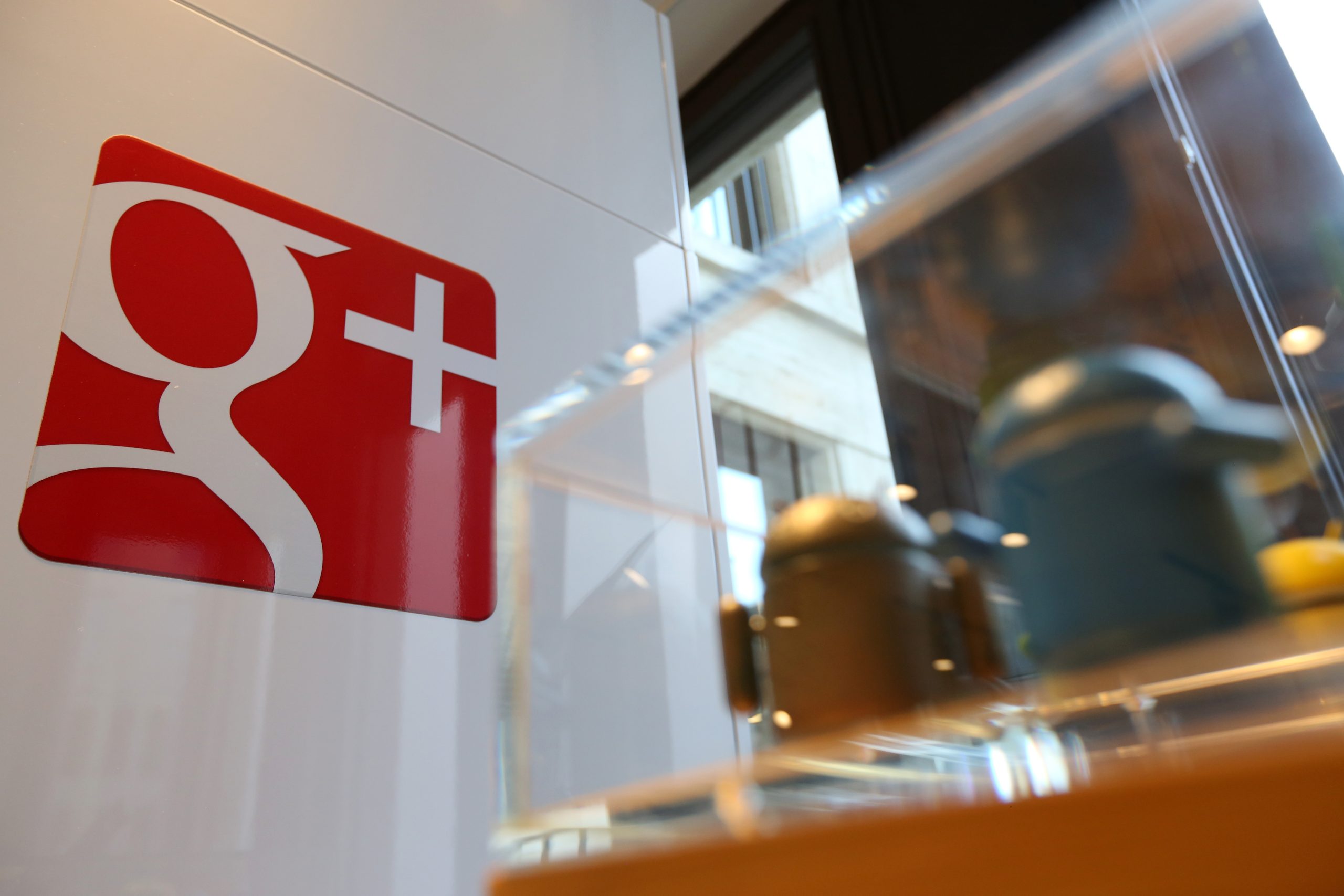Sundar Pichai took the stand in Google’s search antitrust trial.
Sundar Pichai Credit: Getty Images | Jerod Harris
The Department of Justice (DOJ) rested its case in Google’s search remedy trial earlier this week, giving Google a chance to push back on the government’s attempt to break up the search giant. Today is arguably Google’s best chance to make the case that it should not be harshly penalized in the ongoing search antitrust case, with CEO Sundar Pichai taking the stand.
Pichai attempted to explain why Google isn’t abusing its market position and why the DOJ’s proposed remedies are too extreme. The issue of Chrome divestment came up, but Google’s team also focused intensely on the potential effects of the DOJ’s data remedies, which could force Google to share its search index and technology with other firms.
A de facto spin-off
Pichai, who chose to stand while giving testimony, took issue with the government’s proposal to force Google to license search technology to other companies. The DOJ claims that Google’s status as a monopolist has resulted in it accumulating a huge volume of user data on search behavior. Plus, its significant technological lead means its index of the web is much more robust than competing services.
If the market is going to be rebalanced, the DOJ believes Google must be forced to license this data. Google has derisively referred to this as “white labeling” Google search.
According to Bloomberg, Pichai used even harsher language when discussing these remedies in court. He called this part of the government’s case “so far reaching, so extraordinary” that it would remake Google as a company and lead to numerous unintended consequences. To hear Pichai tell it, forcing Google to license this data for a nominal fee would be a “de facto divestiture of search.”
Giving other companies the option of using Google search index to map the web would make other products better, but Pichai claims they would essentially be able to reverse-engineer everything that makes Google’s platform special. And at that point, Google would need to reevaluate how it approaches innovation. Pichai suggests the data remedies could make it “unviable” for Google to invest in research and development as it has been for the past 20 years.
A non-threatening Google
As part of its defense, Google is seeking to remind Mehta that the company doesn’t always win, and in fact, it sometimes leaves money on the table to do what it believes is right. For example, Pichai talked about the importance of Chrome and Chromium as they pertain to its support of open web standards. Google has frequently pointed out that passing Chrome off to another company could result in security issues and the possibility that Chromium could become closed source.
And how can Google be an evil monopolist when it failed so spectacularly in social networking? Pichai talked about Google’s inability to make Google Plus work, even with its unrivaled power in search and web browsers. Google’s second attempt at building a social network got off to a strong start in 2011, but growth stalled along with Google’s interest in the product. In the wake of a bug that impacted privacy in 2018, Google announced it would shut down the site the following year.

On cross-examination, the DOJ brought up Google’s first swing at social, known as Google Buzz. Google’s decision to integrate the service with Gmail led to a litany of privacy issues that landed the company in court. While that doesn’t exactly paint Google as an aggressive monopolist, it does serve to remind the court that Google has failed to account for user privacy in the past.
Pichai’s testimony also touched on how Google is branching out with AI in a seemingly non-monopolistic way. He explained that Google is working on a deal with Apple to add its Gemini AI to the iPhone. This agreement could be finalized as soon as the middle of the year, with iPhone users gaining access to Gemini in Apple Intelligence by late 2025. Google’s exclusive search deal with Apple is part of what got it in hot water in the first place, but the AI alliance wouldn’t lock Apple into Google’s tech.
Unlike most Big Tech firms, Apple has not opted to craft its own super-sized AI model. Instead, its Apple Intelligence platform runs small local AI for sensitive tasks, handing things off to ChatGPT for anything more complex. The company has said that it intends to offer multiple models eventually, and Pichai’s testimony suggests the parties are close to making that happen.
Google’s bittersweet summer
Even after going 0-for-3 in its antitrust cases, Google isn’t feeling the effects yet. Actually, things are going great for Google. Its most recent financial results exhibited the same staggering growth the company has enjoyed since its founding. In the first quarter of this year, Google brought in revenue of $90.23 billion, a 12 percent increase compared to last year. Its net income came to $34.54 billion, which is almost 46 percent higher than Q1 2024.
The rest of Google’s summer is probably going to be pretty nice, too. We fully expect Google’s business to continue growing as it plows more money into generative AI, and its accelerated Android release schedule will take effect with the first of two 2025 Android updates. But the end of the season could bring the good times to an abrupt end.
Mehta is expected to rule on the antitrust remedies in August. While he has expressed skepticism about some DOJ proposals, Google has already lost the liability phase of the case. So there will be penalties of some sort. Google has already said it will appeal the case, but it has to wait for the remedies phase to wrap up. Google could theoretically hold off the remedies while it pursues an appeal, but the stakes will be high, and that won’t make for a relaxing fall.
Ryan Whitwam is a senior technology reporter at Ars Technica, covering the ways Google, AI, and mobile technology continue to change the world. Over his 20-year career, he’s written for Android Police, ExtremeTech, Wirecutter, NY Times, and more. He has reviewed more phones than most people will ever own. You can follow him on Bluesky, where you will see photos of his dozens of mechanical keyboards.






